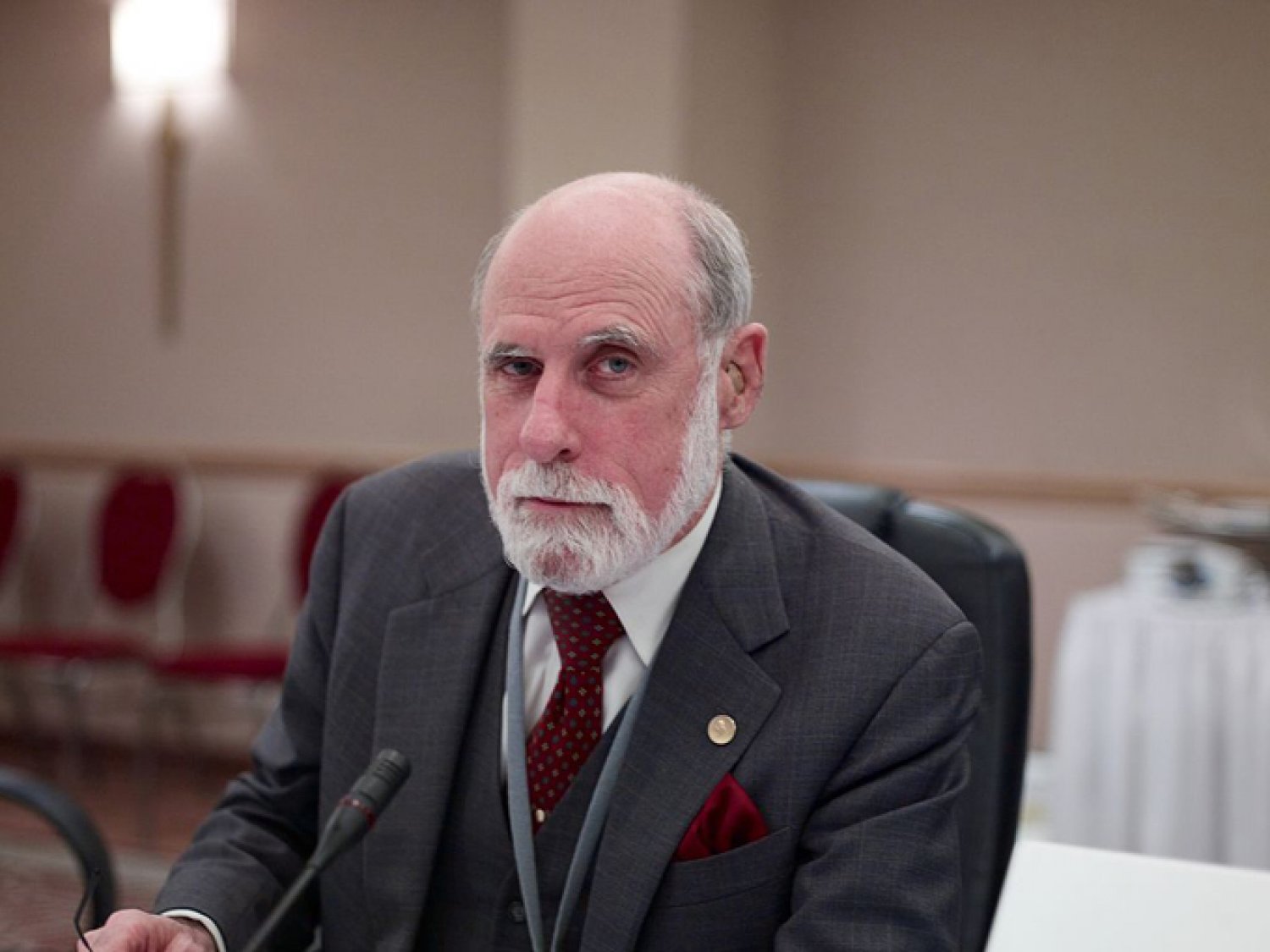Where Moth and Rust Doth Corrupt

The Internet never forgets? Maybe. It's more likely that, in a few years, you won't be able to read this blog post at all.


Cities can benefit from Big Data through city-to-city learning, the exchange of best practices, and improving the lives of their citizens.

Cubism’s stylistic hegemony—the dislocated binaries, the tactile surfaces in a two-dimensional work, and the distortions—interferes with what we want to understand about what few clues we can decipher.
Noteworthy reads from the last week.

Moyn's ambition for the discipline of history undercuts its legitimacy as a distinct form of knowledge and denies the ethic of the craft.